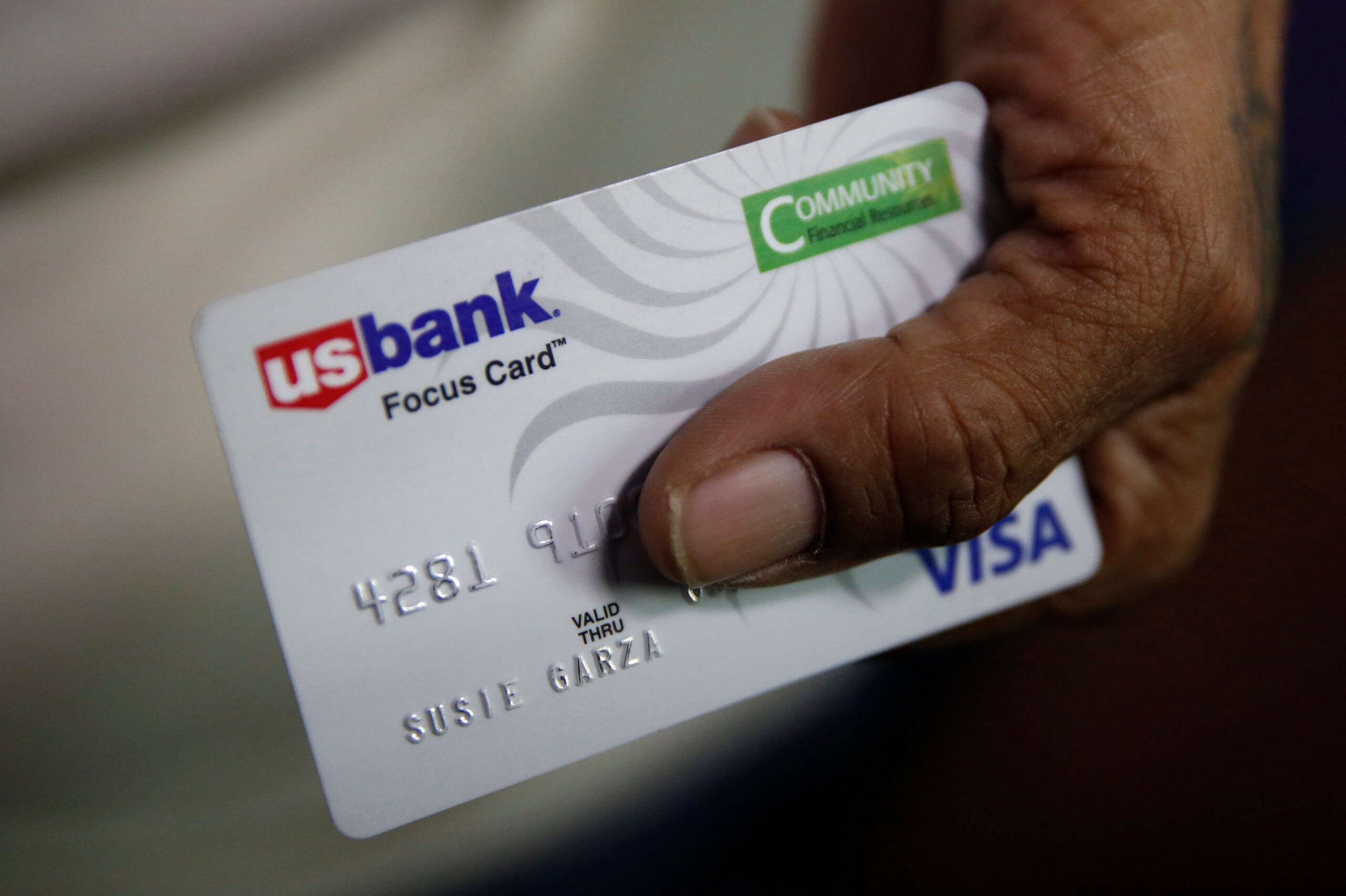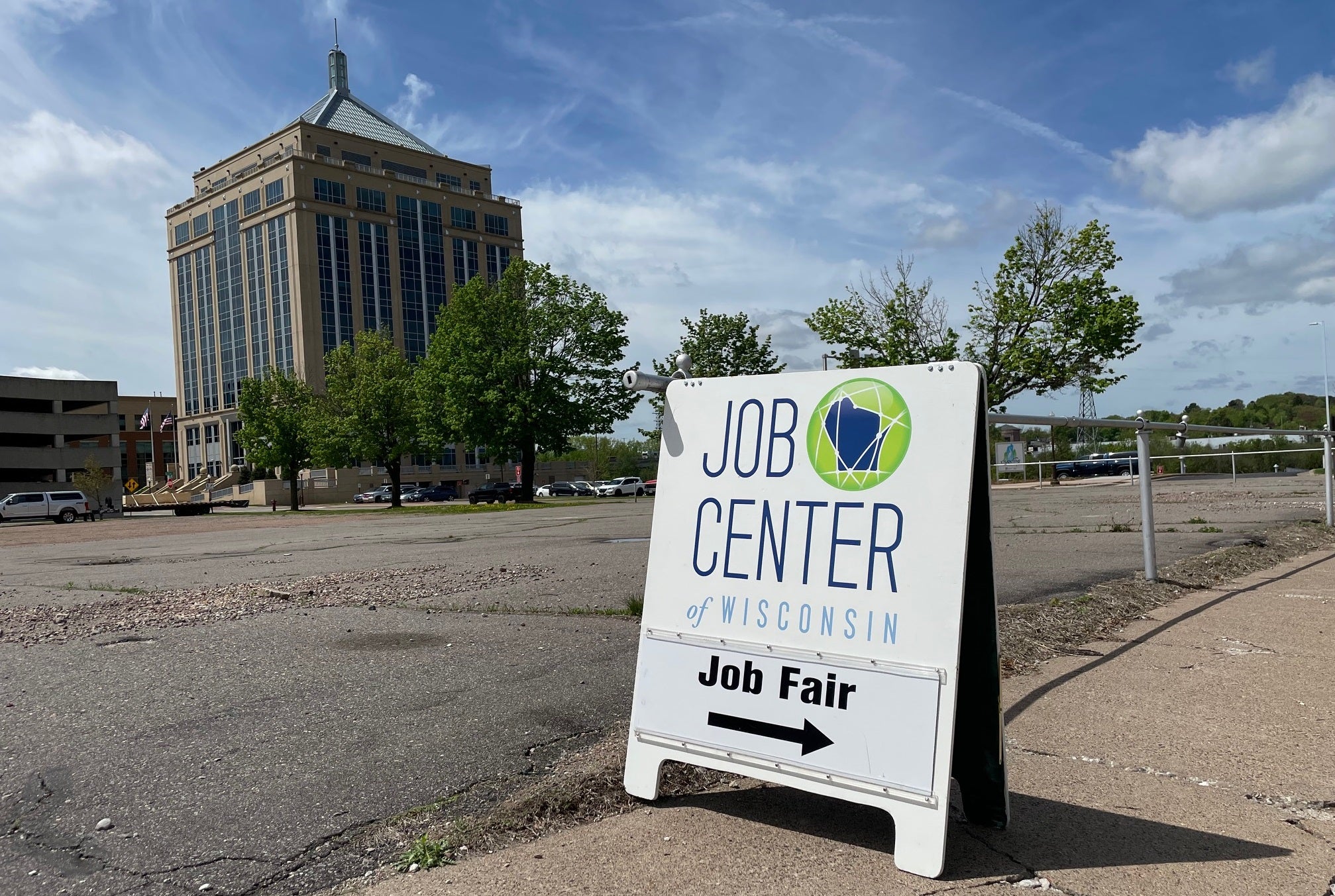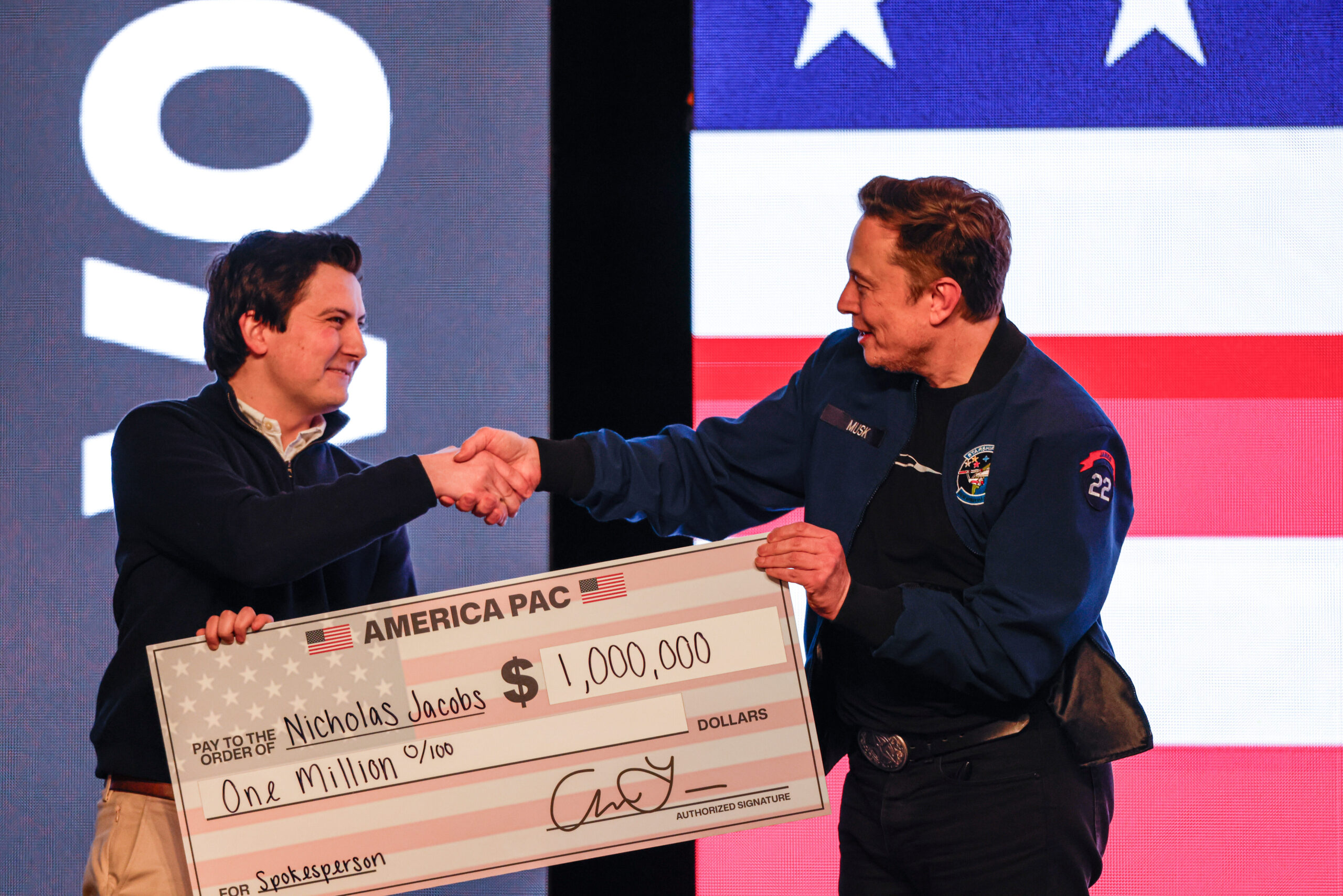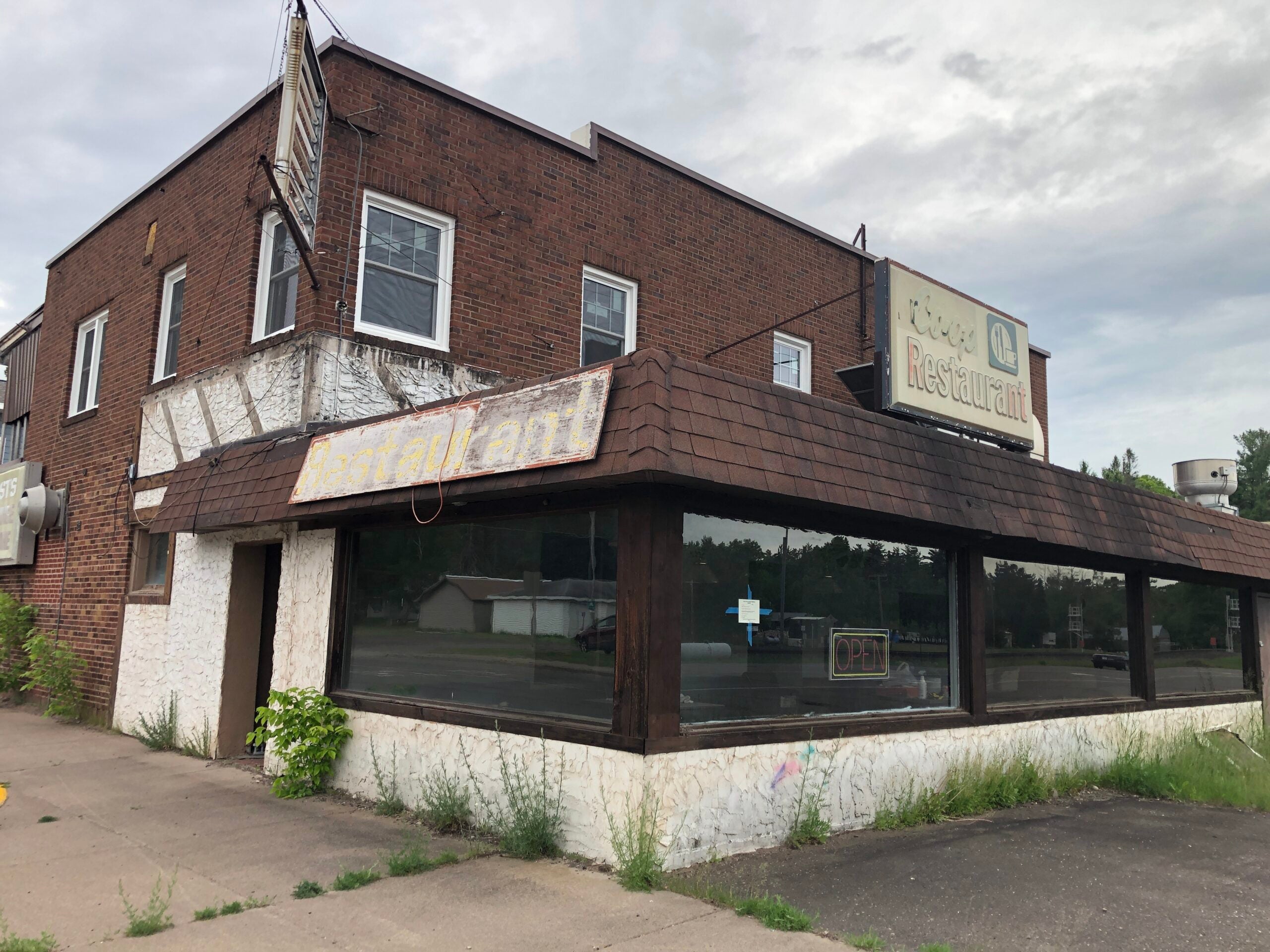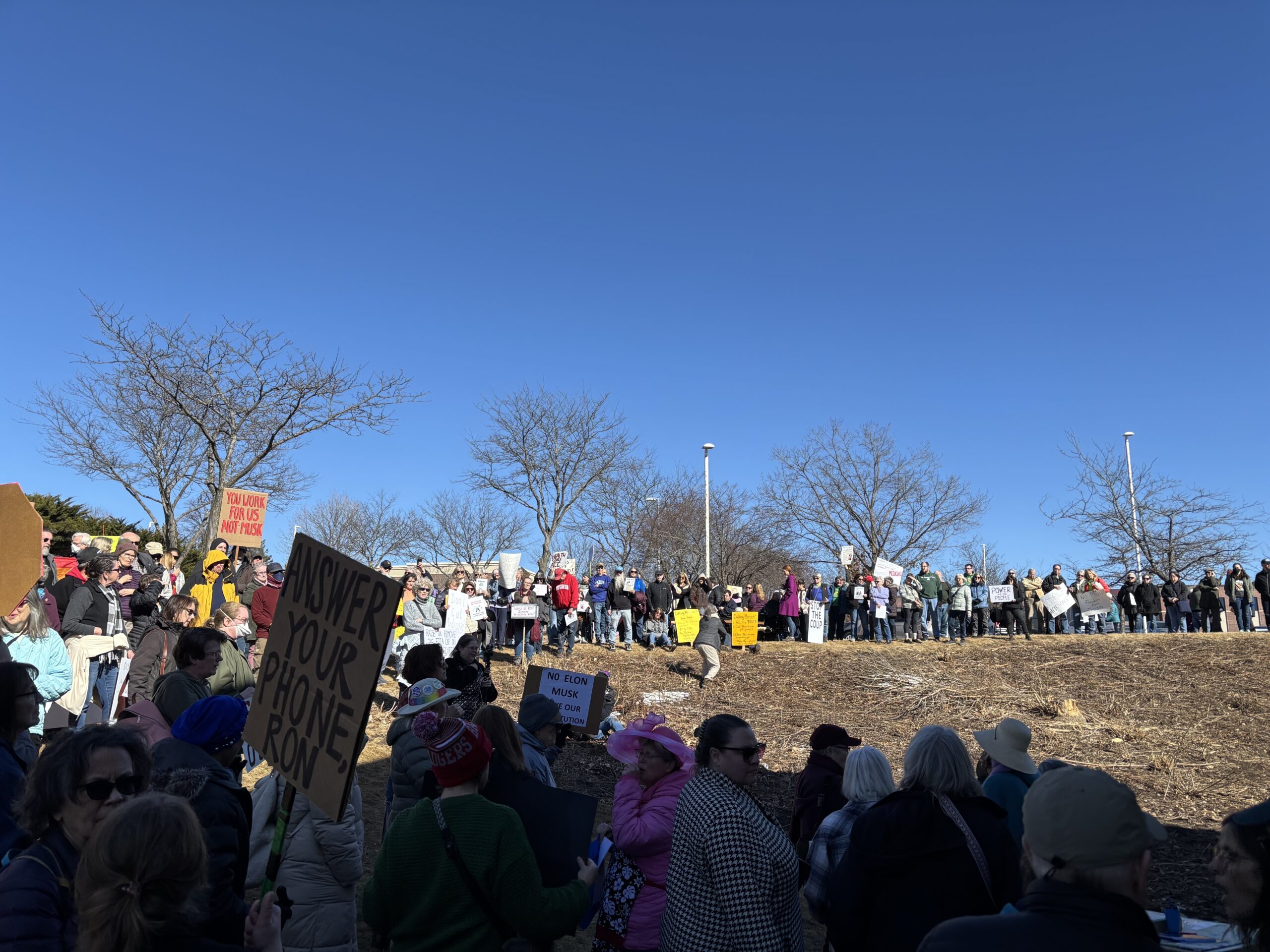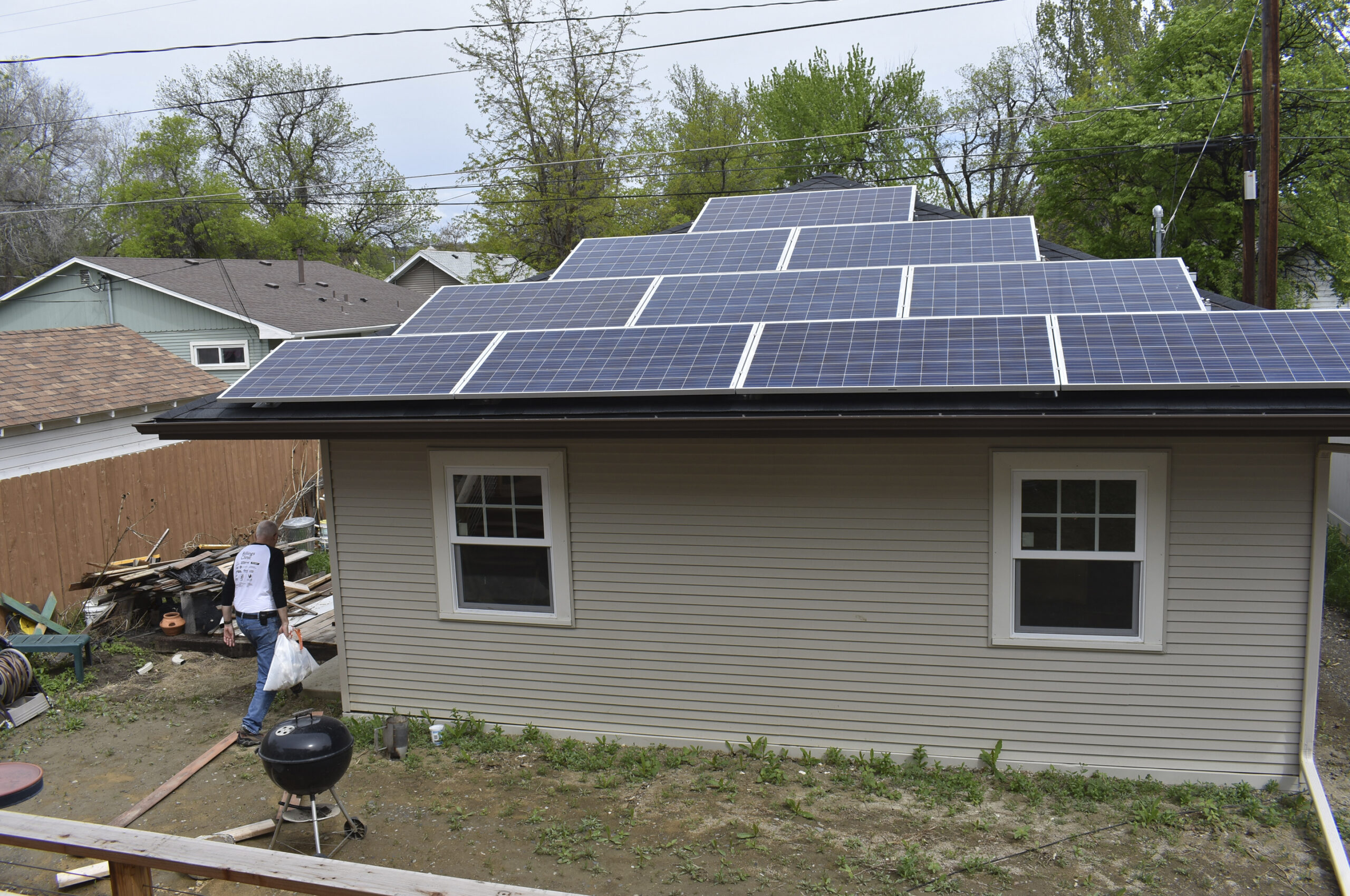A Republican-sponsored bill would block local communities in Wisconsin from using public money to bankroll guaranteed income programs.
Dozens of cities across the country have signed onto such programs, in which residents get recurring payments. Unlike other government subsidies, those payments are not restricted to specific uses like rent or food.
During a public hearing this week, state Rep. Amy Binsfield, R-Sheboygan, pointed to Wisconsin’s low unemployment rate and argued guaranteed income discourages work.
Stay informed on the latest news
Sign up for WPR’s email newsletter.
“We should not be asking the taxpayers to fund another handout on top of the already taxpayer-funded benefits,” Binsfield said. “We especially want to make sure that our labor force is getting the workers that they need and doesn’t have to continue to beg on top of these programs.”
Currently, Madison is the only Wisconsin city running a guaranteed income program. But Binsfield says under the bill she introduced earlier this month, Madison’s project would still be allowed because the city’s yearlong pilot is funded by private donors.
Even so, Madison Mayor Satya Rhodes-Conway called the bill a “shortsighted” attempt to override local decision-making.
The no-strings-attached payments give people the financial flexibility they need to lift themselves out of poverty, Rhodes-Conway said.
“We have participants, for example, that are on food stamps, but they can’t buy school supplies, they can’t do their laundry, they can’t buy other household supplies that they need,” Rhodes-Conway said. “With a guaranteed income, they can use the money for the things that they need the most in any given month.”
Starting last September, 155 Madison families began receiving $500-a-month payments. Households with incomes under 200 percent of the federal poverty level and at least one child were eligible to apply. They’re being compared to a control group and studied by researchers, including those with the University of Wisconsin-Madison’s Institute for Research on Poverty. The experiment’s funded through a grant from a group called Mayors for a Guaranteed Income, as well as local donors.
The mission of Mayors for a Guaranteed Income is to advocate for an “income floor” for all Americans, and supporters of the bill say they want to stop such initiatives from spreading in Wisconsin at taxpayer expense.
Milwaukee city officials have raised the idea of a guaranteed income program. And, in 2021, the Wausau Common Council adopted a resolution to accept a $100,000 grant from Mayors for a Guaranteed Income, which would be used to test out guaranteed income in limited form.
But Wausau hasn’t yet submitted a plan for how such a program would work, Wausau Mayor Katie Rosenberg said. She said she’s waiting to see how Madison’s pilot works out.
“I was very nervous about people losing benefits that they already qualified for by getting this guaranteed income stipend,” Rosenberg said, adding that she doesn’t anticipate using public dollars for the project. “The Council was pretty clear that they weren’t interested in using any city funding for this.”
The Assembly bill, which has gained Republican co-sponsors in the GOP-controlled Senate, defines guaranteed income programs as “regular periodic cash payments that are unearned and that may be used for any purpose.”
The bill’s supporters have cited a referendum passed April 4 by nearly 80 percent of Wisconsin voters. That non-binding ballot measure asked Wisconsinites whether they agreed able-bodied childless adults should have to look for work in exchange for receiving “taxpayer-funded welfare benefits.”
The idea of a minimum income gained traction in 2020 when Democratic presidential candidate Andrew Yang proposed $1,000 monthly payments for all American adults. That universal basic income concept, in which everyone gets payments, differs from many programs across the country in which guaranteed income payments have been tied to poverty levels or other restrictions.
For example, the City Council in Ann Arbor, Michigan, has approved using $1.6 million in federal American Rescue Plan Act funding for payments to families hit hardest by the pandemic. Stockton, California, pioneered the concept in 2019 when it gave $500 monthly payments to residents in neighborhoods at or below the city’s median income.
Wisconsin Public Radio, © Copyright 2025, Board of Regents of the University of Wisconsin System and Wisconsin Educational Communications Board.
